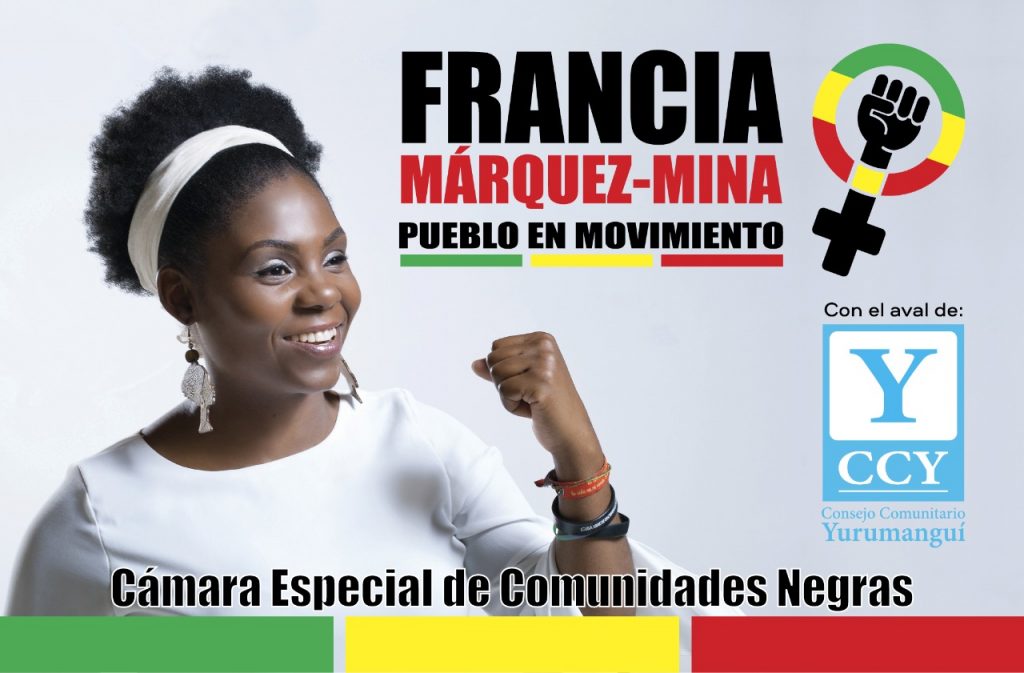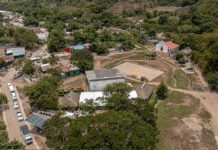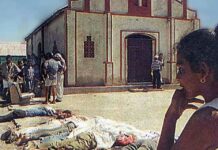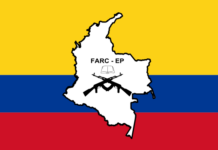
A 35-year-old woman from the Caucano department of La Toma has been awarded the Goldman Environmental Prize for her activism against illegal gold mining and continued efforts to protect the environment.
Known as the ‘Green Nobel Prize’, the 2018 winner of the award for Central and South America is Fráncia Márquez, who led a 350-kilometre march, involving 130 women and young people, all the way from the Amazon to Bogotá. The journey, during which the group of protestors were deemed “a threat to national security” took 10 days and involved crossing various different terrains.
Environmental activism runs in Fráncia’s blood. From a young age, the young Afro-Colombian was consistently involved in various social projects within her local community. Notably, at the age of 15, she took part in a campaign to avoid the diversion of the River Ovejas towards a dam that had already caused negative environmental impacts. The project to divert the river was successfully cancelled, leaving Fráncia feeling empowered at the fact she had been able to make a difference to the environmental development of her region. Her passion evolved into a desire to pursue a career in protecting the environment, leading Fráncia to study law, a degree that she is currently in the process of completing.
Speaking to the BBC, Fráncia stressed the lack of State presence in her home department of La Toma. This, combined with the environmental consequences of illegal mining, leave the local population in a very precarious situation. “In regions like mine, people don’t have access to drinking water…children don’t have access to good quality education…people have been displaced by the armed conflict…people live very badly,” she explained.
In Colombia, 80% of gold is mined illegally. This sort of mining has various disastrous consequences for the environment, including deforestation and the contamination of rivers with dangerous chemical by-products, such as cyanide and mercury. For instance, a recent study conducted by Bogotá’s Universidad Externado found that up to 80% of Colombia’s rivers have been contaminated with mercury, and at least 10 important rivers are on the verge of disappearing, according to the Fiscalía.
In addition to the damage brought about by illegal gold mining, Fráncia has also stressed the destruction caused by legal miners, who use diggers that are also culprits of environmental damage. “They don’t know how to take care of the environment, which is a fundamental human right in Colombia”, she told the BBC. The devastation caused by state-driven mining affects the biodiversity of Colombia’s wetlands, forests and even protected areas.
*Related article*: “Fish in the Cauca River face an environmental crisis”
However, Fráncia’s activism has come at a price for her family, who have been repeatedly threatened by paramilitaries, who accuse her of “opposing development”. As a result of the threats, Fráncia has been forced to flee her home town and move to the city of Cali.
“In the name of this [so-called] ‘development’, they enslaved my community, in the name of this ‘development’ we have lived in impoverished conditions”, she explained to the BBC. Nevertheless, these threats have not dissuaded Fráncia from pursuing what she believes in, no matter what price she has to pay: “we have decided to fight to defend this region, which sometimes means risking even your own life”.











